Untitled Document
Electricity

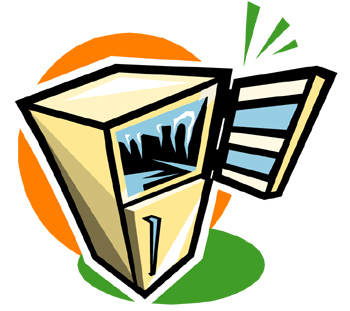
|
Automatic Defrost Freezers - $$$:
Freezers with automatic defrost feature are very convenient. However,
they use 36% more electricity compared to those with manual defrosts
system. Remove any extra build-up of ice inside your freezer to keep it
running at peak efficiency.
|
|
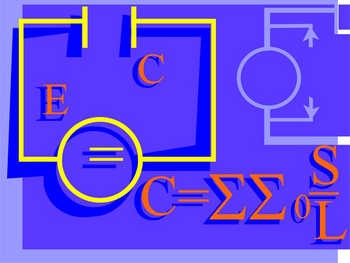
|
Calculate Energy Consumption: Audit
your home's energy consumption. This way you can monitor where most of
the energy goes and how you can save it. There are utilities that
provide business and home energy audits without charge.
|
|
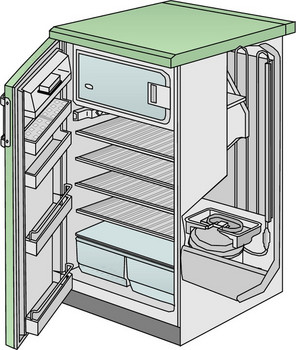
|
Check Refrigerator Insulation - $$$: The
insulation strip of your refrigerator and replace or clean it if
necessary. Door leaks allow the cool air from the inside to escape. As a
result, more energy is consumed to keep the food well preserved and
cool.
|
|
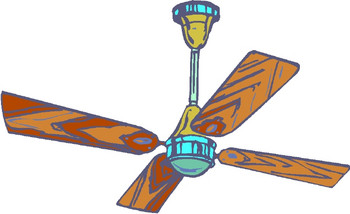
|
Cooling/Ceiling Fans - $$$: Use
cooling and ceiling fans instead of turning on the air conditioning.
Ceiling fans improve air circulation in any room. In fact, they can
replace air conditioning on days with moderate temperature. Also, they
cost only one-tenth of the energy used to power an air conditioner.
|
|
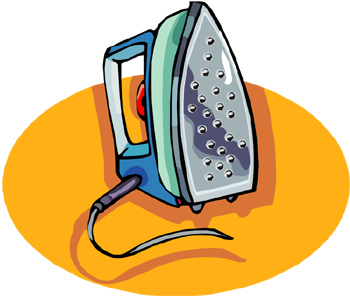
|
Energy-Efficient Appliances - $$$: Always
choose energy-efficient appliances. Although some "Green" Power
appliances may be more expensive compared to the regular products, they
are the smarter investments that pay long term benefits. Your investment
in Energy Star appliances will go a long way toward helping you obtain
an Energy Star designation for your home which can help immensely with
it's resale vale.
|
|
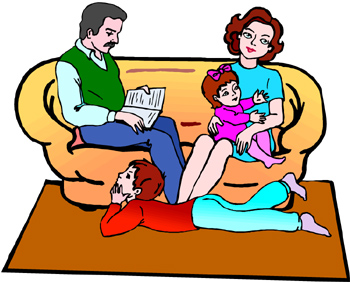
|
Family Activities - $$$: Consider
performing activities that all members of the family enjoy in a single
room. This way all electric consumption is focused on one area of the
house. Plus, this could be double as bonding time for the entire family.
|
|
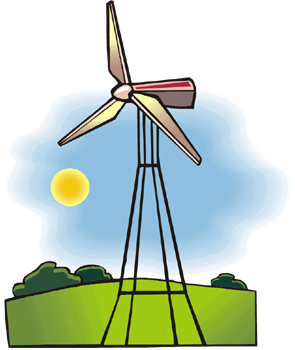
|
Green Electricity: If
you have the liberty to choose, switch to an electricity supplier that
uses green source such as wind or solar. Different areas have different
convenient alternative energy sources. Learn more about which green
source is more ideal for your location.
|
|
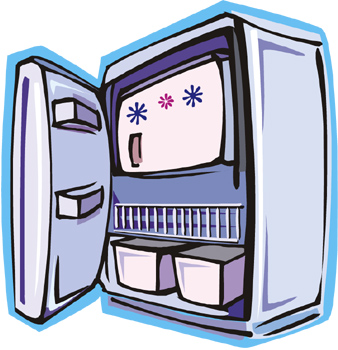
|
Insulator Boxes: As
you rely less on frozen food, fill up your empty freezer space with
boxes of insulation. This should maximize the electricity used for
cooling the refrigerator.
|
|
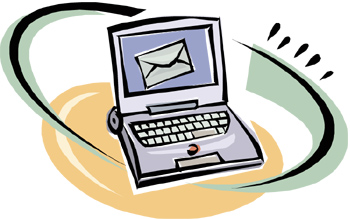
|
Laptops: Laptops
use less energy compared to desktop computers. Next time you are
thinking of upgrading your computer, consider laptops instead.
|
|
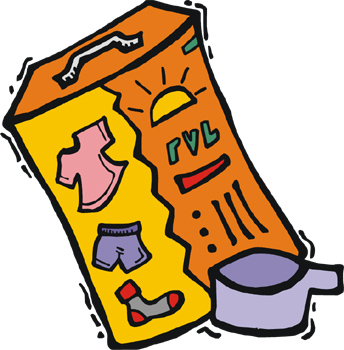
|
Laundry Schedule: Schedule
a laundry day so that you can gather all the laundry and fill the
washing machine as much as possible. Washing at the lowest possible
temperatures will also help save your energy consumption.
|
|
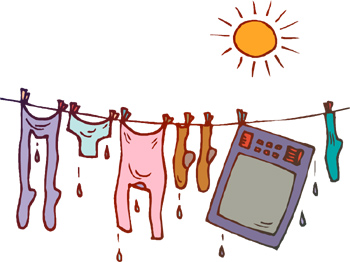
|
Naturally Dry Laundry: Dry
laundry in the open air rather than in the dryer. Natural drying also
benefits the fabric since it does not have side effects such as static
cling and shrinkage that happens when clothes take too long in the
dryer.
|
|
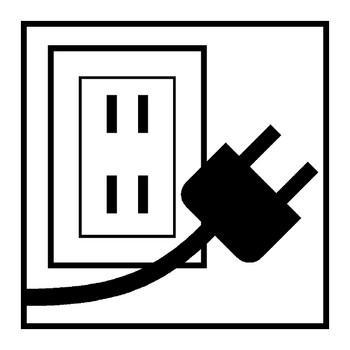
|
Pull the Plug: When
charging, make sure to pull out the plug when the battery is full.
Other than saving energy, this also protects your battery from damages
due to overcharging.
|
|
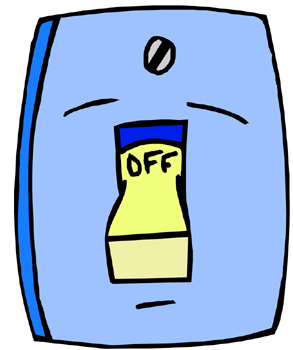
|
Switch-off Lights: The
rule of thumb in saving energy at home or in the office is to always
switch off the lights, fans, or any electrical devices in unused rooms.
This simple practice can save money and energy at the same time.
|
|
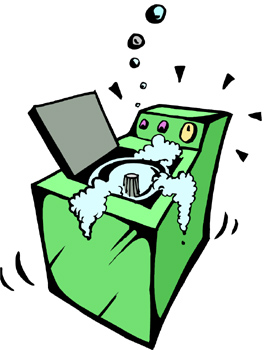
|
Use Cold Water for Laundry - $$$: About
ninety percent of the energy used in the washer is consumed on heating.
Lightly soiled clothes can be washed using cold water set on short
cycles. Purchase laundry soaps that work best in cold water and see how
you like the results.
|
|
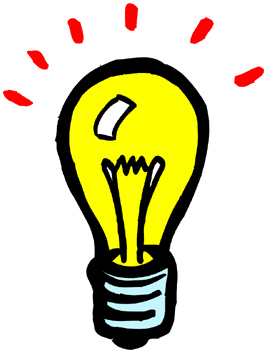
|
Use Fluorescent Bulbs - $$$: About
15% of electric use at home is accounted to lighting. Replace your
light bulbs with energy savers to much less electricity and enjoy the
same amount of light. For instance, fluorescent bulbs are more expensive
but they use 75% less energy compared to incandescent bulbs.
Unfortunately, they use mercury so be sure to keep your eye out on cost
of LED bulbs which should soon become the most cost effective and best
overall choice for the environment.
|
|
|
|
|